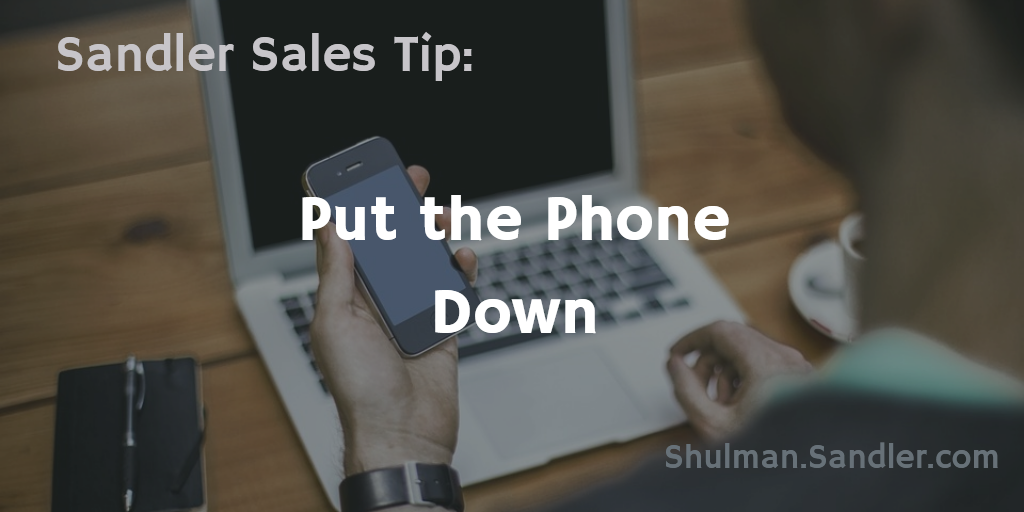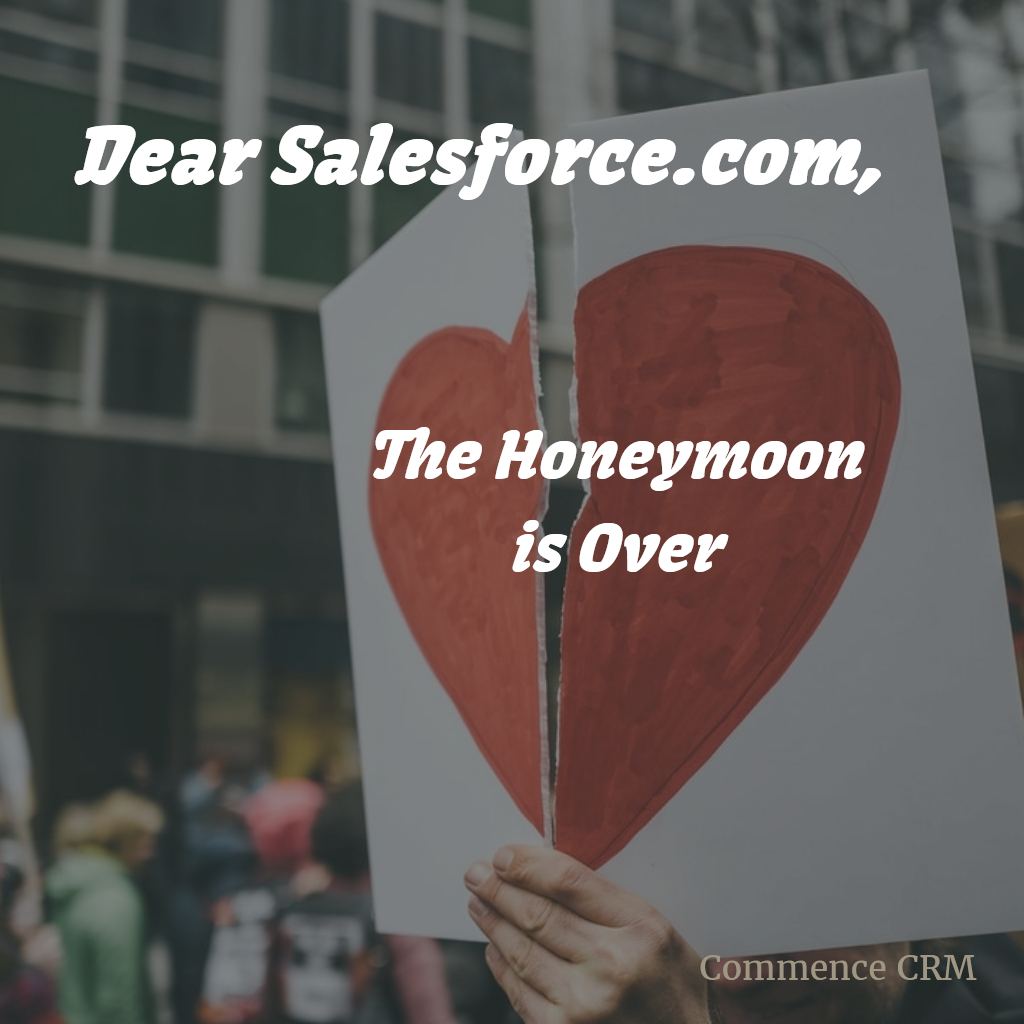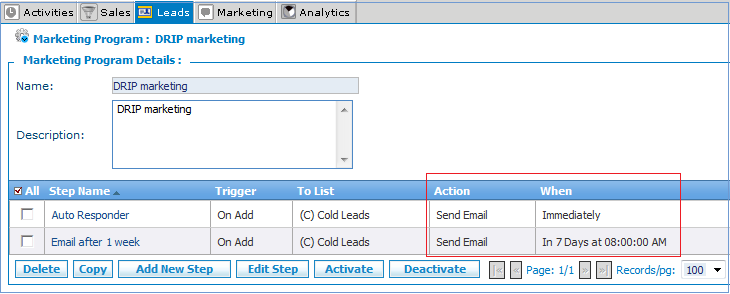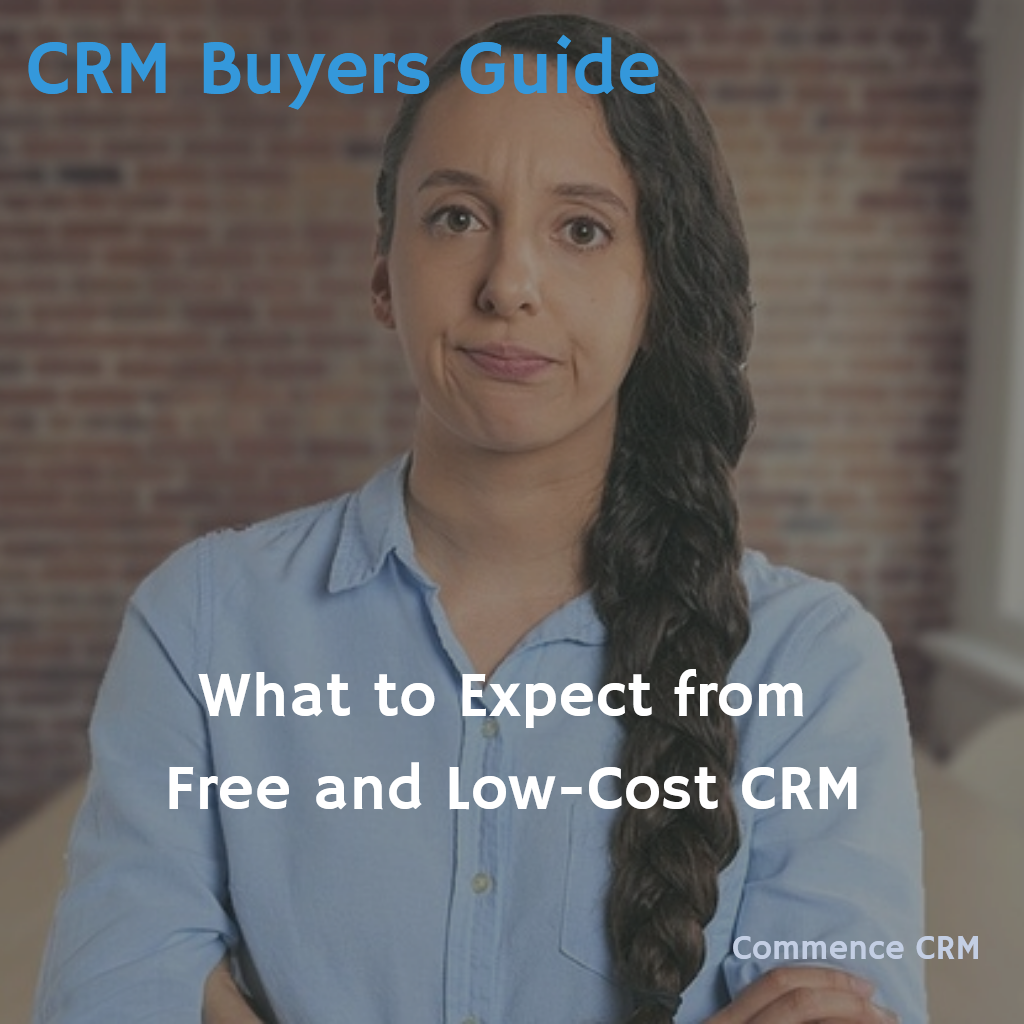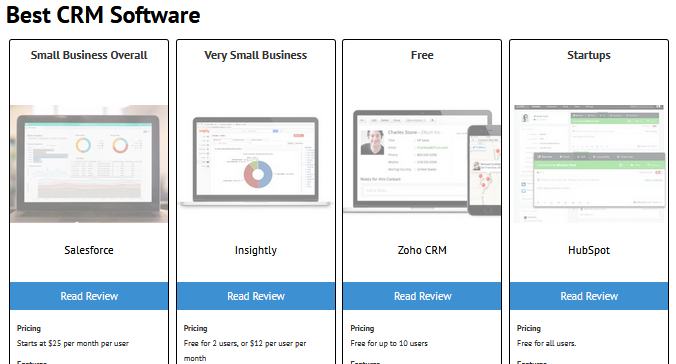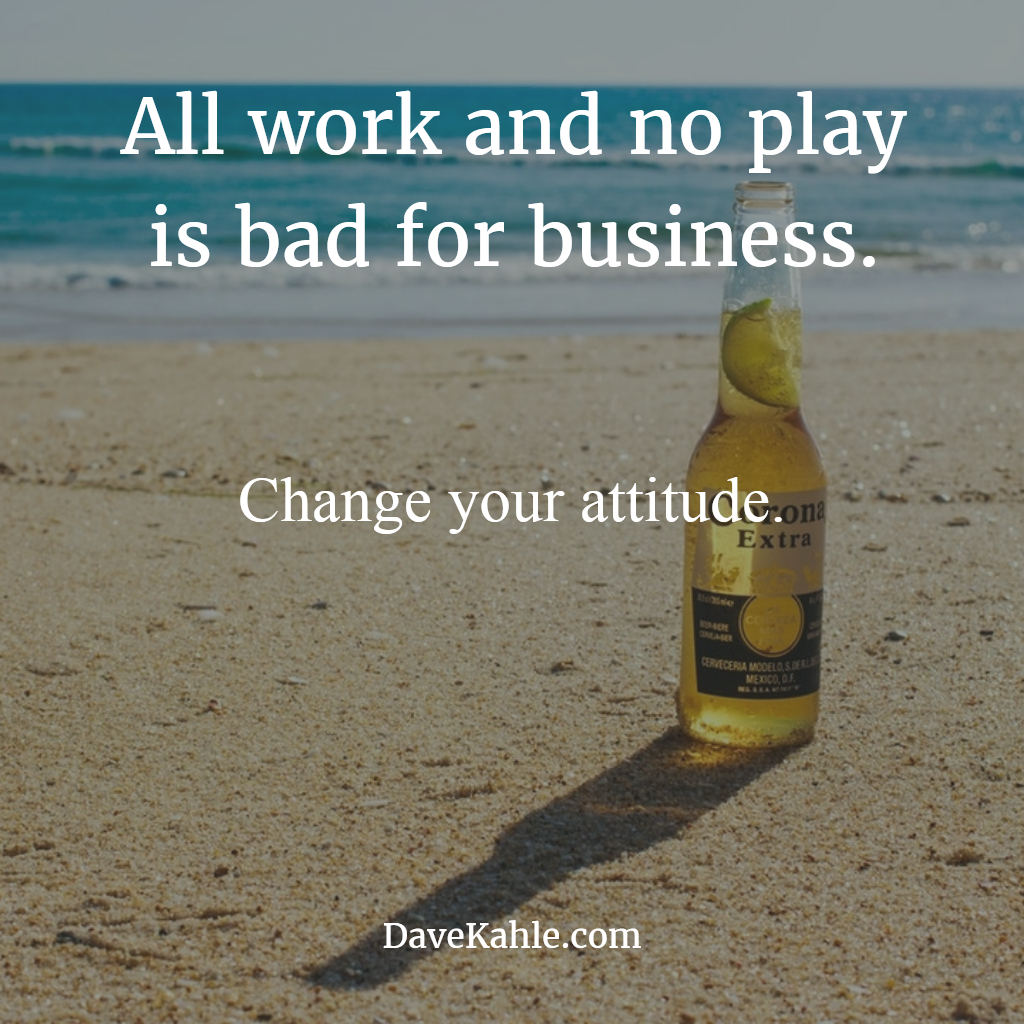
By Dave Kahle
I still remember the worst sales call I ever made. More than just remember it, I react to the memory. I get a queasy feeling in my stomach every time I think about it. It wasn’t just a bad sales call, it was a humiliating, embarrassing event. I don’t think I’ll ever forget it.
That’s the point. There is something about adversity that has the power to linger forever in our memories, shaping our character and molding our behavior for the rest of our life.
Adversity can take countless forms. It can be a gut-wrenching incident, like my worst sales call, or more poignantly, something like an auto accident or the loss of a loved one. I’ve had them all. Or, it can be a period of financial distress – yes, I’ve had that too, a couple of times. Or, it can be a time of health problems, and relationship conflicts. Yep, you guessed it. I’ve lived through both of those situations as well.
Regardless, the Encarta Dictionary defines adversity this way:
1. misfortune (hardship and suffering)
2. adverse happening (an extremely unfavorable experience or event)
One of the things that these experiences have in common is their impact on us – they create an intense, negative emotional response. We become angry, embarrassed, humiliated, depressed, and hopeless. Adversity produces a grab-bag of bad feelings. It’s not fun. As I reflect on my personal experiences, I have to acknowledge that the events mentioned above were some of the worst hours, days, and months of my life. I never want to go through any of them again.
But it is that intensity of emotional response that contains the seeds that can bloom into a sounder character, if we respond appropriately. We’ve all heard the expression, “What doesn’t kill us makes us stronger.” Sort of true, but not exactly. That common expression would be more accurate if we tacked on the phrase, “if we let it.” The real truth is: “What doesn’t kill us makes us stronger, if we let it.”
“If we let it,” is the secret. There’s no guarantee that, by itself, without our active and appropriate response, adversity will make us stronger. I’ve met, and I’m sure you have too, many people who allowed adversity to turn them into bitter or defeated individuals. To them, life is a burden, the world is a dangerous place, and they can’t do much about it. It’s easy, and tempting, to allow adversity to develop a “victim mentality” in us.
In order to prevent that from happening, in order to grow “stronger,” we must learn from those painful experiences. And, in learning, we create habits that emerge as character traits, and thus we become better and more capable people.
My humiliating sales call, for example, taught me a simple lesson that has stuck with me for decades and has flowered into a broader character trait. “Never speak badly about the competition” was the lesson. I like to think that “Respect for all my competitors” is the broader character trait. The periods of financial hardship have developed an empathy in me for those in similar circumstances, and a very conservative financial perspective. The death of my daughter is somehow pushing up buds of greater patience, empathy and tolerance in my character.
While I never want to go through any of these things again, I am probably a better person because of them — and because of my response to them.
Now, I understand that some of you are being doused with a fire hose of adversity. I wish I could make it go away. If only I could turn off the valve.
I do my best to help you weather the storm by the tips and practices expressed in this Ezine, on the blog, and in the products and presentations described on my website. In the long run, however, it is what you do with your response to adversity that will make all the difference.
Here are a couple of practical suggestions to help you deal with your adversity:
Take the high road.
Don’t allow the circumstances to drag you down, to compromise your values, or impinge on your relationships. I had a renter, for example, in a house that we own. He was laid off from his job. Instead of being honest about it, he made up stories, told lies, and eventually stuck me with two months unpaid rent and damages to the house. While I have to deal with the financial damages, he has a significantly diminished character. Because he took the low road, he’s less of a man today than he was before.
Don’t give into the temptation to take ethical short-cuts or to abandon your responsibilities. Take the high road.
Learn from it.
At some point, you’ll have an opportunity to look on your adverse circumstances somewhat objectively. That’s when you’ll want to ask yourself this question: “What can I learn from this?” Then follow up with a more pointed version of this question, “What can I do differently, as a result of what I’ve learned?”
The answer to “What can I learn from my embarrassing sales call” was, “Customers don’t like to hear you talk badly about a competing product or person.” That would be academic information if I didn’t follow up with the second question: “What can I do differently, as a result of what I’ve learned?” The answer to that question was, “Never speak badly about a competitor.”
The emphasis must eventually rest on us and our response. If we don’t change anything we do, believe, or think, then we will have learned nothing.
Eventually we must change what we do. That’s the key to growing from adversity. As long as we focus on other people or our circumstances, we’ll be forever locked in a victim mentality. Remember, “if we let it.”
Our Creator put us on this earth to grow, develop and become more like Him. Adversity is the fertilizer that stimulates that growth, if we let it.
At some point, this will pass. At that point, the real measure of this set of circumstances will be the impact on your character.
###
About the Author:
Dave Kahle is one of the world’s leading sales authorities. He’s written ten books, presented in 47 states and ten countries, and has helped enrich tens of thousands of sales people and transform hundreds of sales organizations. Check out our Sales Resource Center for 455 sales training programs for every sales person at every level. To connect to the Sales Resource Center use this link: http://www.thesalesresourcecenter.com
Register today for the Kahle Way Sales Management System seminar scheduled for November 30 – December 1, 2017. Learn a profoundly simple and practical sales management system proven to increase sales productivity and accelerate your growth. For more information use this link:
http://davekahle.com/wordpressblogs/the-kahle-way-sales-management-system-seminar/
source http://www.commence.com/blog/2017/10/31/the-role-of-adversity-in-shaping-sales-persons-character/

